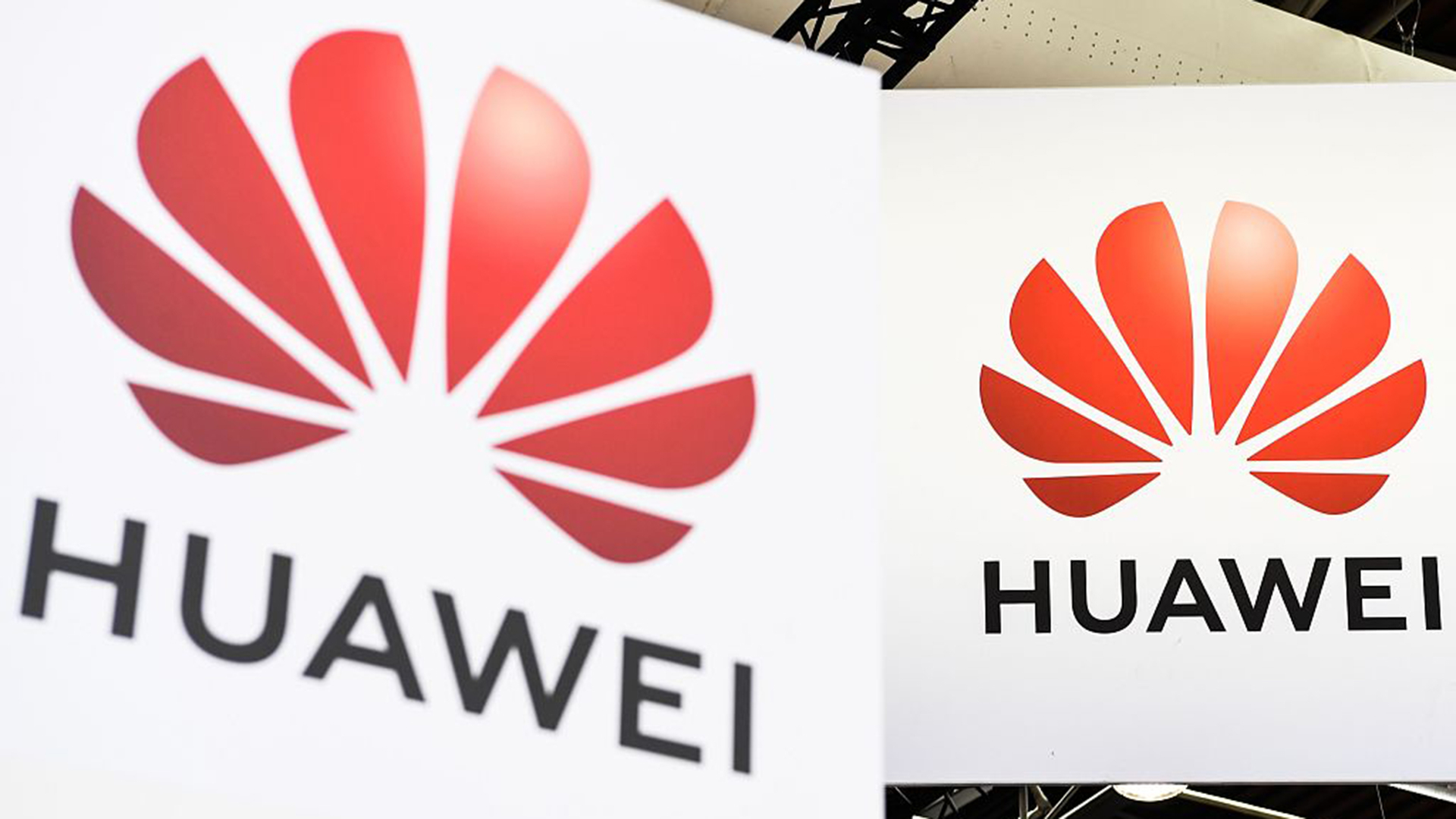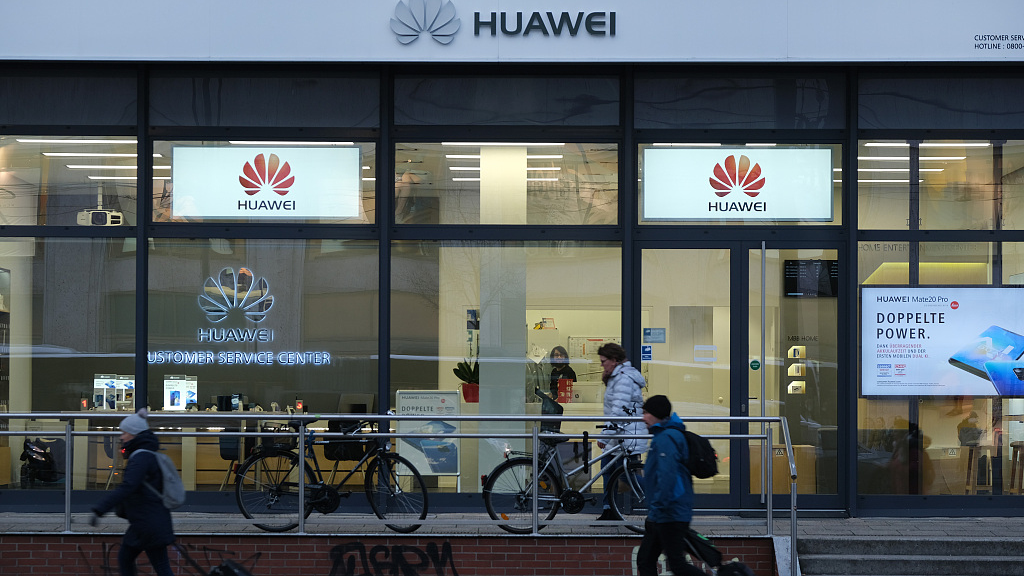
Editor's note: Andrew Korybko is a Moscow-based American political analyst. The article reflects the author's opinions, and not necessarily the views of CGTN.
U.S. Commerce Secretary Wilbur Ross confirmed reports that the Donald Trump Administration will be easing some of its prior restrictions on American companies cooperating with Huawei in order to contribute "to important standards-developing activities" for this industry across the world.
The move is a tacit admission on Trump's part that U.S. 5G tech companies can't compete with China's and therefore must cooperate with them instead "in the interest of U.S. national security and foreign policy", according to the Department of Commerce.
The earlier prohibitions had the inadvertent effect of isolating the U.S. from the global conversation about this promising industry's standards. Continuing to follow them would have made the U.S. an even more globally irrelevant player in this field than it already is. That in turn could have prospectively led to the rest of the world applying standards that were largely shaped by China's leading companies in this respect, thus ceding the U.S.'.
This partial policy reversal is a welcome one since the U.S., like all countries, should have a say in the standards that this cutting-edge technology will have because it stands to benefit all of humanity. 5G will greatly assist with what some have called the "Fourth Industrial Revolution" that's predicted to be characterized by the so-called "Internet of Things", unprecedentedly fast telecommunication systems, and the subsequent ubiquity of the internet in practically all facets of life even more than it already is.
It's also an insightful lesson about the counterproductiveness of unilateral politically driven policies. Objective observers could have predicted this outcome long in advance, yet the U.S. government still went ahead with its restrictions out of the mistaken belief that they'd help "contain" China, or at the very least, smear the reputation of its 5G companies by generating fearmongering narratives about their allegedly secret intentions. All of that has since failed, and dramatically at that, after the U.S. was compelled by circumstances to reconsider.
One might be inclined to interpret this move more broadly as a sign that the U.S. might also be reconsidering its hitherto hawkish stance towards China, but it's a bit too early to arrive at that conclusion just yet despite the easing of restrictions against Huawei being an obviously positive step in that possible direction.

Huawei's customer service center in Berlin, Germany. /VCG Photo
Huawei's customer service center in Berlin, Germany. /VCG Photo
Objectively speaking, both countries' interests are best served by cooperating with one another, but the momentum of the U.S. bureaucratic machine's comprehensive anti-Chinese policies might prove too powerful to reverse so soon.
It wasn't just the U.S.' prohibitive measures against Huawei that defined its anti-Chinese policies even though they were one of the most prominent manifestations, but also its publicly stated intent to restructure supply chains away from China so as to reduce its global economic standing in parallel with its provocative military maneuvers in the South China Sea, for instance.
Thus far, there is nothing to suggest that the U.S. is second-guessing those malicious moves even though it would be in its best interests to reconsider them as well.
After all, the American economy has been crippled by the containment measures that it belatedly implemented in response to the COVID-19 pandemic, and the ongoing unrest across the country's main cities in response to viral videos of police brutality mean that Trump already has his hands more than full dealing with some very serious domestic crises.
The time, effort, and money invested in attempting to "contain" China could arguably be put to better use resolving those two crises, among many others.
It'll therefore remain to be seen whether the easing of the U.S. government's restrictions against its companies cooperation with Huawei is a sign of a larger strategic reorientation or just a one-off in response to one particular mistake of many.
Nevertheless, this move is a welcome one since it suggests that some American officials finally realize the counterproductiveness of their government's purely political policy of hostility against China, leading to some hope - however faint - that they might eventually reconsider other policies as well.
(If you want to contribute and have specific expertise, please contact us at opinions@cgtn.com)